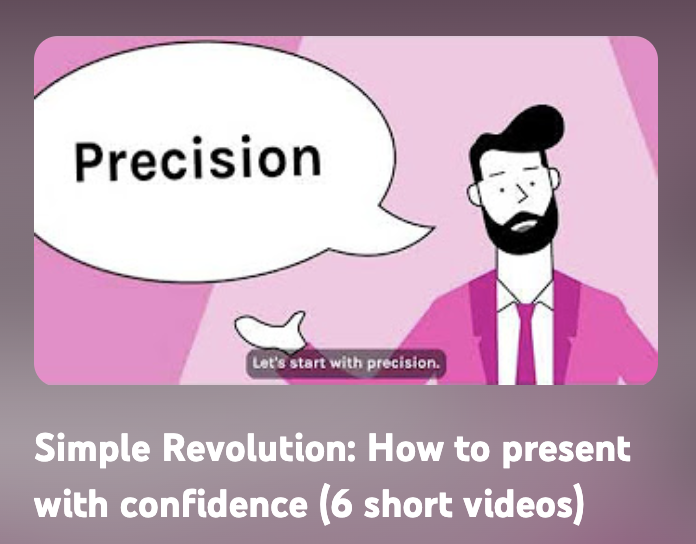
When it comes to weight and obesity, I think we need to find a way of improving our conversations. It’s time that we move from a narrative obsessed with how others look – to a conversation about how people feel. To a conversation about health.
It’s possible to change the narrative; it’s being done right now in the areas of gender, race and sexuality. We should want to do the same for weight.
Obesity in health focuses on people
I’ve been lucky to work with many medical professionals who are committed to finding better treatments for obesity. My job has been to help them present the findings of their research and I’ve seen first hand the precision they apply to the language they use to describe obesity and the people living with it.
The practitioners I work with talk about people ‘living with obesity’ rather than ‘obese people’. And this is backed up by the research by key institutions…
The recent World Obesity Atlas report from the World Obesity Federation predicts that 51% of the global population will be overweight or living with obesity by 2035 based on current trends. The report is clear that obesity is a chronic, relapsing disease reaching epidemic proportions.
At this point it’s worth noting that WHO and many other international authorities on health also recognise obesity as a chronic and relapsing disease.
And we should reflect this in our language.
Obesity in the media hijacks the health discourse
So ‘skinny jab’ – what’s your first thought?
‘Skinny jab’ is a term you’ll have seen recently across media channels to describe weight-loss injections. And it’s a catchy term to use in a headline. But in my view it’s both disrespectful and harmful.
The use of the words ‘skinny jab’ reduces an important and complex health issue to a celebrity fad. Using the term is a way of hijacking the discourse. It highlights the deeply embedded unconscious biases in our culture that being overweight is a choice rather than a consequence.
Even reputable news organisations can do better
“The government said it would continue to work with industry to help people make healthier choices.” BBC News
Who is ultimately responsible for obesity in this sentence? It is the people not making ‘healthy choices’. This is reasonable if you believe individuals choose to be obese, face prejudice and risk their long term health. Really?
The language of public debate will always be less precise than in a health setting. But right now, the language used to discuss obesity is not helping anyone.
We need to change the narrative
The assumption that obesity is a choice is in much of the language we use around ‘healthy’ weight. Once you start looking, you soon realise that a lot of the commentary out there points the blame (often unconsciously) at the individuals who most need help.
At the moment, the debate is mainly focussed on the morality/efficacy of hitting an ideal (usually ‘slim’) weight rather than treating a chronic health issue. It is trivialising a very real and serious condition by discussing it in the context of fashion, fad diets and promotions by celebrities. Everything is predicated on it being a diet aid rather than a medical treatment for an illness.
What this means is that it’s OK for us to have an opinion on someone’s weight because they could control it if they really wanted to.
We need to change this narrative. It’s not difficult. Just be considerate. Don’t be a bully. And be kind.





